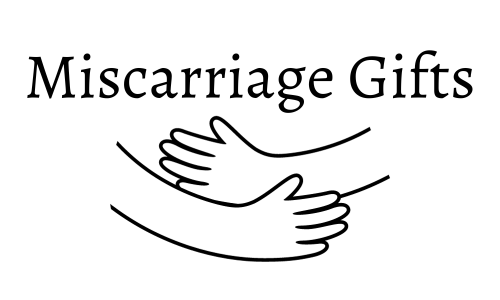Facing a miscarriage can be an emotionally challenging journey, and we want you to know that you're not alone. Our Miscarriage Survival Guide is here to provide you with practical advice and steps to help you navigate through this difficult time. Remember, healing is a personal process, and it's okay to take things one step at a time.
-
Understanding Grief:
- Acknowledge Your Emotions: Give yourself the freedom to feel a range of emotions, from sadness to anger. Understand that these feelings are part of the grieving process.
- Give Yourself Permission to Grieve: It's crucial to allow yourself the time and space to grieve. Avoid placing unrealistic expectations on how long the process should take.
- Recognize the Uniqueness of Your Experience: Every miscarriage is different, and your journey is unique. Avoid comparing your grief to others and honor your individual experience.
-
Seeking Support:
- Connect with Loved Ones: Share your feelings with trusted friends or family members. Having a support system is essential during this challenging time.
- Join Support Groups: Online or local support groups provide a safe space to connect with individuals who have experienced similar losses. Sharing stories and advice can be comforting.
- Consider Professional Counseling: Seeking guidance from a counselor or therapist can offer additional support and coping strategies tailored to your needs.
-
Self-Care During Grief:
- Prioritize Your Well-Being: Take care of your physical and mental health. Ensure you get adequate sleep, nutrition, and engage in activities that bring you comfort.
- Engage in Relaxation Techniques: Practice mindfulness, deep breathing, or meditation to help manage stress and anxiety.
- Allow Yourself Rest and Recovery: Grieving can be exhausting. Allow yourself moments of rest and relaxation without guilt.
-
Memorializing Your Baby:
- Create a Memorial: Save meaningful items, such as ultrasound images, tiny clothes, or letters, in a huggable heart plush to commemorate your baby.
- Plant a Tree or Flower in Remembrance: Choose a plant or tree that holds significance and plant it in memory of your baby.
- Write a Letter to Your Baby: Express your feelings in a letter. It can be a therapeutic way to communicate and remember your little one. You can hold and hug letters to your baby in a huggable heart plush.
-
Navigating Conversations:
- Communicate Your Needs to Others: Let friends and family know how they can support you. Share your preferences for discussions about your experience.
- Set Boundaries: Establish clear boundaries with well-meaning but potentially triggering questions. Let people know what topics are sensitive for you.
- Educate Others on How to Offer Support: Provide guidance on how friends and family can best offer support without unintentionally causing distress.
-
Dealing with Triggers:
- Identify Potential Triggers: Recognize situations, places, or events that might evoke strong emotions. Being aware allows you to plan accordingly.
- Develop Coping Strategies: Establish healthy coping mechanisms for when you encounter triggers. This might include breathing exercises or seeking a supportive friend.
- Know When to Seek Professional Help: If triggers become overwhelming or trigger severe emotional distress, consider seeking professional counseling.
-
Planning for the Future:
- Consider Future Family Planning: Take time to reflect on your family planning goals. Decide when, or if, you might want to try again for a child.
- Reflect on Your Personal Goals: Reassess personal and career goals in light of your experiences. Grieving can bring a new perspective on what's truly important to you.
- Give Yourself Time to Heal Before Making Decisions: Avoid making hasty decisions during the early stages of grief. Allow yourself the time to heal before considering major life changes.
While this guide aims to offer support and practical advice, it's essential to remember that healing is a unique journey for everyone. Take the steps that feel right for you, and don't rush the process. We hope this guide provides you with comfort and valuable insights during this challenging time.
Disclaimer: This guide is not a substitute for professional medical advice or counseling. Consult with your healthcare provider for personalized support.

2 comments
Navigating the emotional rollercoaster of miscarriage is tough, but this Miscarriage Survival Guide is a helpful companion. From understanding grief to self-care tips and memorializing your baby, it covers it all. Connecting with loved ones, joining support groups, and seeking professional counseling can make a world of difference. Remember, it’s okay to take things one step at a time, and healing is a personal journey. 💖🌈 #MiscarriageSurvival #YouAreNotAlone #HealingJourney
These are very helpful steps for anyone dealing with the loss of an infant. Definitely giving yourself time, not making big or rash decisions quickly to replace your grief is good advice. You absolutely have to have your own coping strategies, as you get triggered or memories flood in. I think setting boundaries with other people is the hardest, when they want to be helpful but the line is blurry.